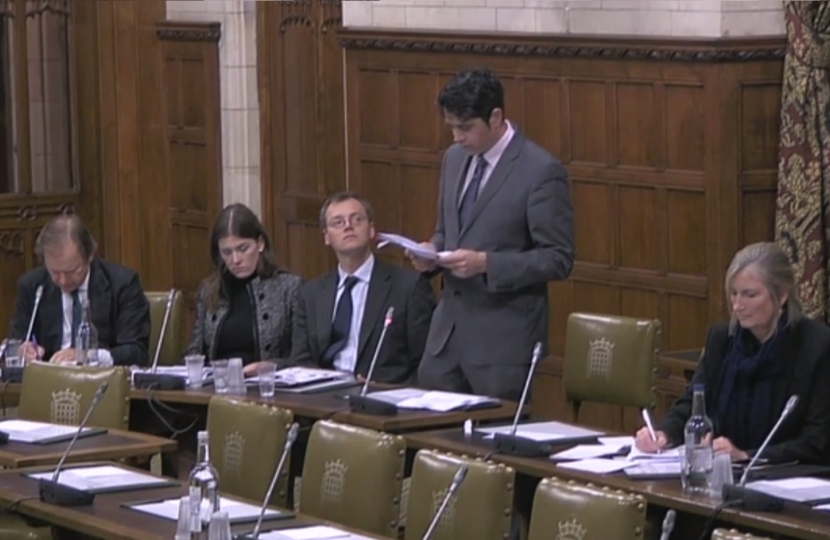
Scott Mann has championed the North Cornwall wine industry in Parliament, calling it the “bowler hat” of the South West’s food and drink sector while recognising the success of Cornish vineyards.
The debate took place in Westminster Hall where Scott championed two vineyards in North Cornwall – Camel Valley near Bodmin and Trevibban Mill in St Issey.
During the debate, Scott Mann spoke about the huge success of Cornish vineyards, saying:
“I am delighted that so many amazing success stories are coming out of North Cornwall’s food and drink sector and Camel Valley and Trevibban Mill are two excellent examples. The wine industry in the south-west is definitely the bowler hat to the food and drink sector. Camel Valley, an internationally renowned vineyard on the banks of the River Camel, was established in 1989 and continues to produce some fabulous wine.
“In 2009, Sam Lindo from Camel Valley won the trophy and gold medal at the International Wine Challenge for the Camel Valley Bacchus, also winning the gold medal in the December World Wine Awards for his sparkling Cornwall Pinot Noir. Camel Valley finished second in the Sparkling Wine Championships, behind Bollinger, which is a fantastic achievement for a Cornish business. The vineyard produces around 120,000 bottles a year and has managed to tap into American markets, with its wine being exported to 14 US states.”
English wine is now the fastest growing agri-sector in the UK and last year alone it added £100 million to the UK economy. There are now more than 500 commercial vineyards in the UK, with as many as 5,000 people being employed across the sector.
The acreage of planted vines has doubled in the last decade and by 2020, the UK wine industry is expected to produce about 10 million bottles a year, with 25% of English wine being exported.
Expressing some concerns on behalf of the wine sector, Scott said:
“Some concerns have been communicated to me by the vineyards, such as the difference between ‘British wine’ and ‘English wine’. This is because wineries can import concentrate from abroad and call it British wine, however vineyards in England that grow their own wine have to label their wine as English wine.
“Both vineyards said that the difference between British and English wine is not clearly explained to the public, which means that consumers will sometimes buy British wine under the assumption that the grapes are grown in Britain. British wine is also cheaper than English wine, so consumers will often opt for British wine rather than English without understanding the difference.”
During the debate, Scott also called on the Treasury to cut the wine duty and divert some of the money to local wine associations. Scott argued that if 1p per litre of wine duty was diverted to the wine associations, this would give a huge boost to their ability to support and promote the wine industry in the future.
Scott also put forward the idea of a more staggered system regarding income tax, where wine producers do not pay any duty on their first 7,000 bottles—the cider industry already has a similar proposal on the table.
Finishing his speech, Scott said:
“Our wine industry in England is going from strength to strength. We should continue to support these fine businesses, as we have done today with this debate.”
